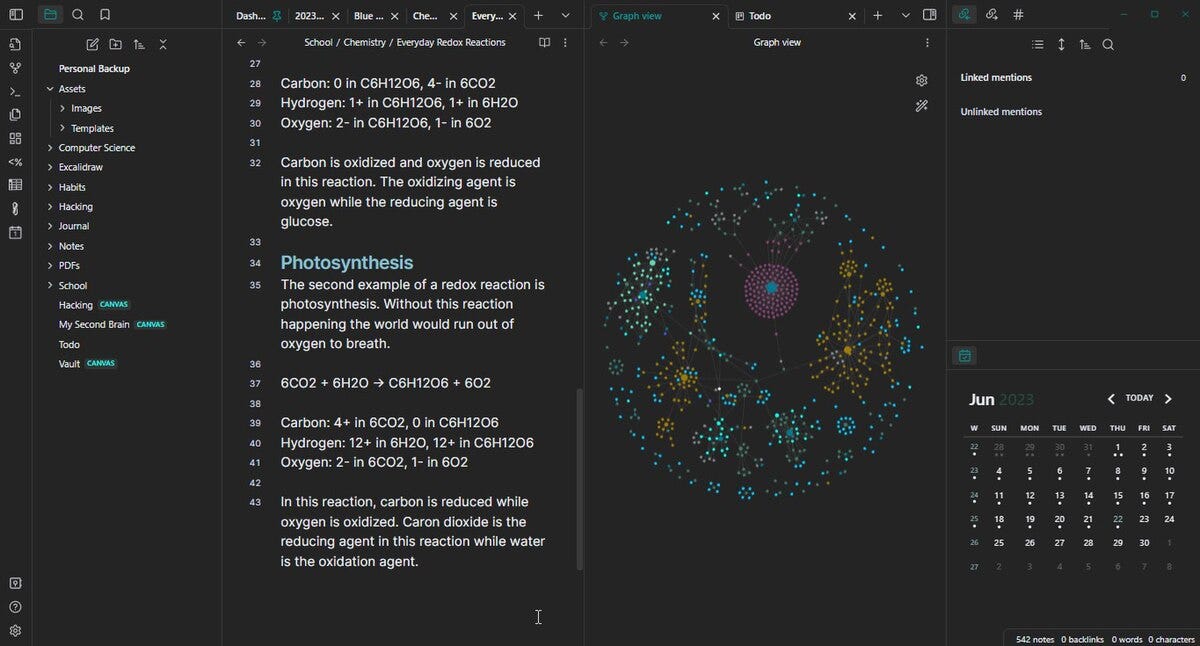✍️ To Scrivener or Not to Scrivener, That is the Question
or, Why I Chose to Suffer the Slings and Arrows of Word
Every year or so, someone comes knocking on my door and asks me if I’ve heard the good news. They’re usually respectably dressed, if perhaps a little plainly so. On the surface, they are as calm as the Rock of Gibraltar. But I can tell that something seethes in them. I don’t always know exactly what, but it’s clearly some sort of burning devotion. Or maybe a devoted burning. Either way, they have something on their mind, and they desperately want to tell me.
“Good news?” I say to them, trying to mix that perfect blend of quizzical look, comical amusement, and detached attention. “What good news?”
Then, before they can speak – before the word even forms in their throat – some divine inspiration hits me and I know where this is going just before they even say it:
“Scrivener.”
I smile and nod my head yes, I’ve heard of Scrivener. I tell them politely that I have my own writing beliefs already, and I wish them a nice day.
What is Wrong with Scrivener, Anyway?
To Scrivener, or not to Scrivener; that is the question.
Whether 'tis nobler in the mind to suffer
The slings and arrows of outrageous Word,
Or to take arms against a sea of squiggly lines
And, by opposing, end them.
The Scrivener topic came up again the other day while I was chatting with some other writers. We are all (as far as I know) Scrivener agnostic, so we could talk about it without the sales-pitchy rhetoric that sometimes pervades such conversations. Mostly, we bitched about Scrivener’s steep learning curve. Why does something so useful have to be so difficult to master? Go ask the guru on the mountain why he chose a place that’s so hard to reach, I suppose.
To be clear, I have nothing against Scrivener. First of all, I love the name – in university, I wrote an essay on Melville’s short story Bartleby, the Scrivener. But when it comes to using Scrivener… in Bartleby’s immortal words, I prefer not to.
Why? Usually, the biggest argument I hear from the average fanboi is that Scrivener is great for plotting. You can lay everything out like digital index cards, get a sense of where the story is going, and even rearrange sections and chapters if necessary – particularly helpful if you have multiple narrators or storylines. That’s not something I need, though. I don’t plot as I write, and my novels (so far) are linear, first-person narratives, so I can pretty much hold the scenes together in my head. If I do need to move a section from this spot to that spot, Ctrl-X and Ctrl-V work just fine. So, the cons of Scrivener outweigh any benefits I might get.
But I understand it works for you. And that’s great. Have at it! Maybe I even wish that such a magical bit of software would work for me. As it is, I’m a non-believer.
Here’s why:
Too much work. It’s said above and everywhere you read: Scrivener has a steep learning curve. I was so committed to PaperClip, my first word processor, that I wrote my own printer driver software for it. But 40-ish years on in my writing career, I can’t be bothered to learn “all Scrivener’s incredible features!” just for funsies.
I don’t outline. I’m a confirmed pantser, so giving me some sort of software to help me plot is as useless showing a crocodile a video on how to roller skate.
I’m used to Word. What I use to write changes the way I write. And everything other than Word takes me out of my head to some degree. Even writing on a piece of paper changes my writing. Word wasn’t always my go-to. I was a confirmed WordPerfect 5.2 user, which I still consider to be the apex of the word processing. I had to switch to Word in the mid-90s because that’s what my clients used. When I tried using Scrivener, I was so self-conscious that I couldn’t write anything worth keeping. So… a non-starter.
Scrivener seems confining and unnatural to me. This is probably an extension of the previous two points. I just feel icky and useless and too-in-my-headish. I concede that, like when I switched from WordPerfect to Word all those years ago, I’d probably get used to it. But I don’t wanna.
Too many bells and whistles. To be fair, Word has many bells and whistles as well. I’ve gotten used to just ignoring the features I don’t use. I’d probably do the same with Scrivener over time. But for some reason, I’m suspicious of Scrivener’s bells and whistles. Either they’re too shiny and I don’t trust them or I fear that I’m missing out on something and I get agitated. Not ideal for setting the creative mood!
You have to export anyway… After all this, if you want to send to beta readers or (gasp!) a potential agent or publishing house, you need to convert it or export it or wave a magic wand to turn it into a Word doc anyway. (At least, that’s how it used to be, and it’s been a while. Someone correct me in the comments please, if I’m wrong…) They don’t even make it easy for you to share with another Scrivener user – especially if you’re both on different operating systems such as Mac vs. PC.
What I Do Instead…
I’m not here to convert you; I’m not knocking on your door with my own Good News. But if you’re still on the fence or you’re looking for something to try other than Scrivener, here are the two tools I use:
Word (or Google Docs on occasion)
Obsidian is a great little (free) tool that does everything Scrivener can, as far as I can tell. I use it exclusively for research and for story notes – themes, character names, story ideas that come to me, and so on.
However, I know many people use it to write and plot. You can create outlines just like Scrivener (maybe even more easily) using folders and sub-folders. You can easily form links between notes – like, say, character names in scenes, outlines, other character sheets, etc. – and even visualize those connections in graph view. I’ve heard journalists use Obsidian to compile research and write the corresponding article.
Again, I haven’t used it these ways, but if that appeals to you as well, Obsidian might be a good alternative for you to Scrivener.

Like Scrivener, there is a steep learning curve if want to learn “all the bells and whistles”. Unlike Scrivener, you can start using basic features almost immediately. You need to come up with your own organizational system, but if you’ve already used something like physical index cards, your system is easily transferrable.
Anyway, I do realize the irony of me ridiculing poking gentle fun at Scrivener fanbois as I fanboi on about Obsidian. So, I’ll leave it there. Check out Obsidian if you’re so inclined.
Bottom line is that Scrivener may be a great choice for you, but there are others to explore as well.
Key Takeaway: Scrivener can be a useful tool, but too many writers come away frustrated. Use whatever system will help you do your best writing. For me, that’s a combination of Word and Obsidian, a Scrivener-like app that you can use for writing, note-taking, or both.
Over to You: To Scrivener or Not to Scrivener? What’s the Answer for You?
Do you use Scrivener? Why or why not? Have you found any other alternatives that you’d like to fanboi about? Let us know in the comments!
In the meantime, I’ll leave you a video below of why and how one author uses Obsidian for writing novels and creating worlds.
Until next time... keep writing with wild abandon!
~Graham
email me if you get lost.








Yeah, I’m going to agree with you Graham. I tried it, found it too complicated, and went back to Google Docs.
Thank you Graham! I have always wondered about that too but could never make a case for using it!!